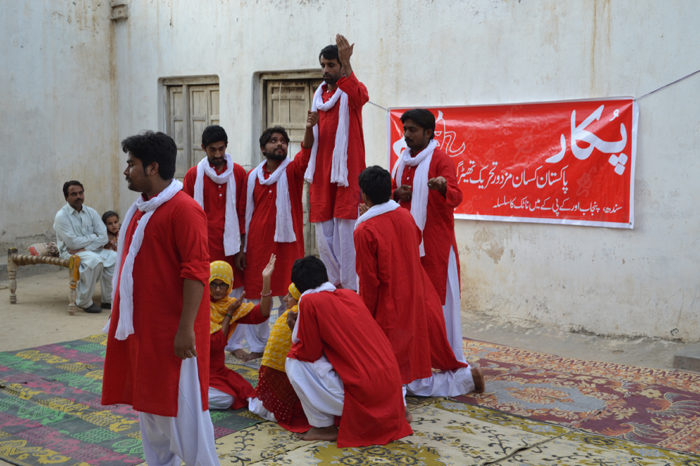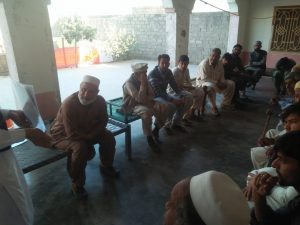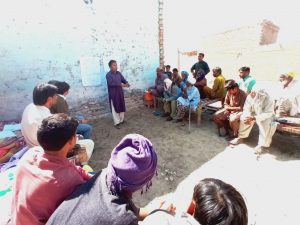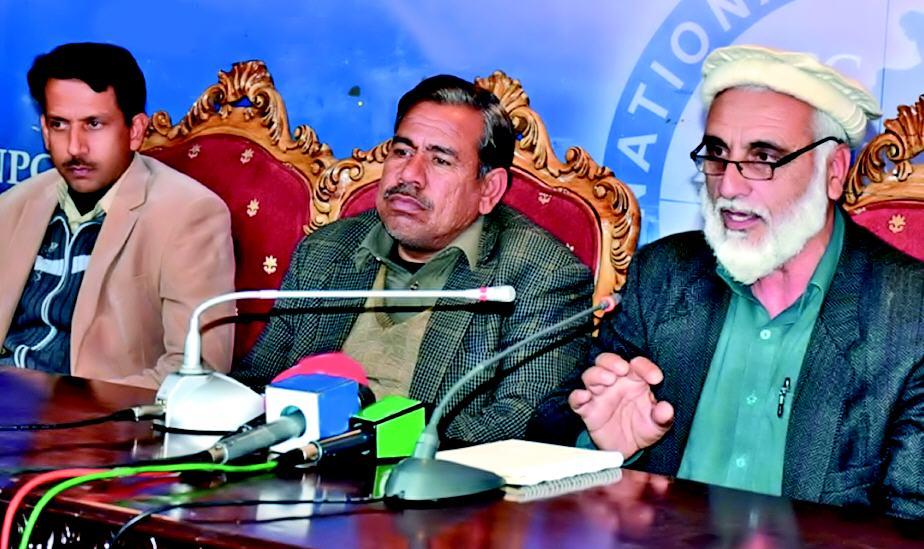March 01, 2019
Zubeida Mustafa
THERE is bad news and there is good news for our environmentalists, agriculturalists, healthcare givers and all those who care for the welfare of Pakistan. First, the bad news.
In January, the Prime Minister’s Office announced that Cargill, the global food and agricultural producer with an annual revenue of $114.6 billion (2018), will be investing $200 million in Pakistan in the next two to five years. This announcement came after two top-ranking executives of Cargill met Prime Minister Imran Khan. It seemed innocuous, at least to people who know little about biotechnology giants.
One of them, Monsanto (now merged with Bayer), fathered the genetically modified organism (GMO) in 1983 which did terrible damage to numerous crops and farmers all over the world. As a result, we saw a spate of high-profile lawsuits in which the company admitted to having bribed officials abroad. At least 35 countries have now banned GMOs.
Obviously our political leadership is not well informed on such matters, nor is transparency its forte. Hence the Cargill heads’ meeting with the prime minister and their offer to create a huge number of jobs in Pakistan raised no scepticism in government circles.
Our experience with GM cotton has been disastrous.
But mercifully the Ministry of National Food Security & Research still has men of integrity and knowledge at its helm. It appears they have resisted this move. That has now prompted the American Business Council of Pakistan (representing 64 companies), a leading foreign investors’ group, to seek the prime minister’s help “to allow commercial cultivation of GM maize”. These American companies want the “obstacles” removed that are preventing them from implementing their controversial plans.
The good news is that the Pakistan Kissan Mazdoor Tehreek has issued a press release titled ‘Peasants Declare “NO TO GM MAIZE!”’ The party has categorically supported the ministry’s refusal to grant approval to genetically modified maize in Pakistan. The PKMT’s own position on GMOs and the seed companies has been clear for over a decade: they violate farmers’ collective rights to seed and will pauperise the small and landless tillers of the soil.
The Seed Association of Pakistan has also “sternly opposed” any commercialisation of GM maize in Pakistan. Civil society is also gearing up to resist any such move which will have a devastating effect on food security as well as agriculture. BT cotton should come as a lesson — that is, if we are willing to learn. Introducing BT cotton proved to be easy sailing in 2010. There was hardly any resistance from those in authority.
The Seed Law was changed by the National Assembly in 2015 to accommodate the seed multinationals. This was done at the behest of the US in spite of the fact that the 18th Amendment was in place and a courageous lawyer, Ahmad Rafay Alam, went to court on behalf of the Kissan Board to challenge its legality as well as the safety of BT cotton. The case has still to be decided.
BT cotton — Monsanto’s GM pet project — has proved to be a disaster for the country. Since its debut in Pakistan — by virtue of seeds smuggled from India in 2005 and later sanctioned by the government in 2010, cotton production has been falling. The figures cited have varied from source to source. It has of late been in the range of 10.5m and 11.5m bales. In 2004, cotton production stood at a record high of 14.1m bales (of 170kg each). Contrary to the government’s claim, the All Pakistan Textile Mills Association says the weight of the bales is now 160kg each.
For years cotton production has failed to meet the target set by the government. This has adversely affected the national economy as cotton is the major element in the textile sector, the mainstay of Pakistan’s exports. BT cotton has also introduced new bugs in the cotton fields requiring greater use of pesticides, produced as can be expected by the biotech companies themselves. With Monsanto monopolising the seed market, nearly 88pc of the area under cotton cultivation is BT. The yield per acre has also fallen. All this adds to the cost of the inputs, causing farmers to switch to other crops.
It is horrifying to think of what the impact would be if maize, which is a thriving crop at present, is handed over to producers of GM maize. Has GM maize been thoroughly tested in our soil and climatic conditions? Without extensive research we cannot assess its impact on human health. We cannot afford to risk a rise in the prevalence of deadly diseases; the pesticide Roundup, which is required to be used, has been declared carcinogenic by WHO. This should be reason enough for the government to resist pressures from the biotech multinationals which are out to destroy our economy.
Let us learn from our own sordid experience of GMO cotton. Let sanity prevail. Besides, we cannot allow our peasantry to be destroyed. It is the backbone of our agriculture.
www.zubeidamustafa.com
Published in Dawn, March 1st, 2019
https://www.dawn.com/news/1466871





